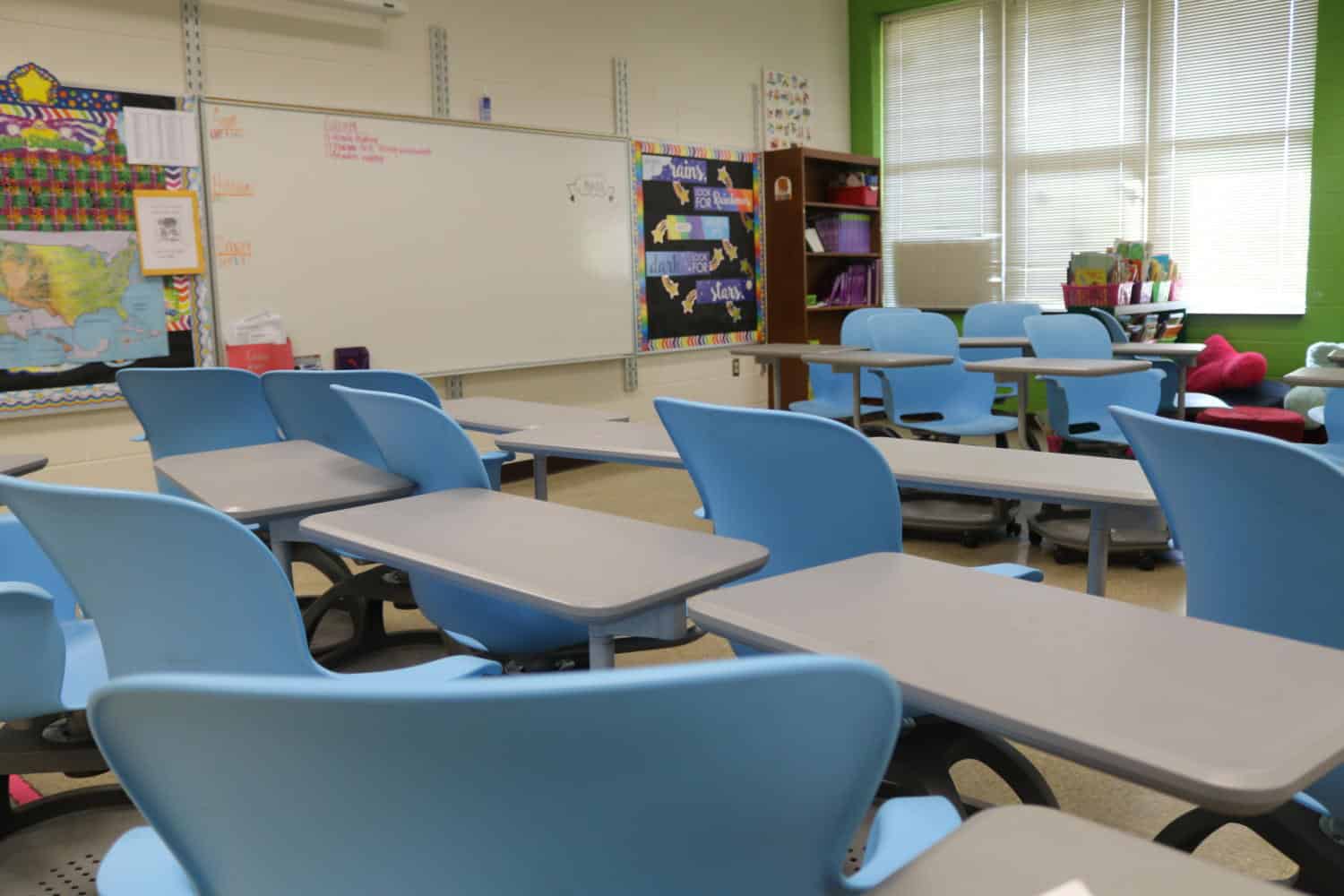If students in charter schools perform no better on standardized tests, all other things being held equal, than their peers in district-run public schools, should North Carolina limit or stop the growth of charter schools?
This is an important question facing policymakers in our state. Similar questions face policymakers elsewhere. While charter-school enrollment remains only a small fraction of the total population of K-12 students, it is growing rapidly.
Indeed, in communities across North Carolina, including several of our most-populous counties, charters are adding students while enrollment in district schools is stagnant or declining. (Whether all those new charter students would otherwise have entered the district or been educated privately is hard to gauge.)
To ask my question is not to grant that charter schools are failing to deliver superior academic outcomes. The empirical evidence about this nationwide is mixed, not conclusive. According to the database of peer-reviewed studies I maintain, the research to date leans in favor of a positive charter-school effect — but not overwhelmingly, and some might argue that the difference could be attributable to the specific locations and methodology employed by the “tie-breaking” studies.
At the risk of oversimplifying a complicated topic, charter schools are more variable than district schools. A higher share of charter schools than of district schools can be found on the right side of the student-achievement curve — demonstrating high performance, adjusted for student characteristics — as well as on the left side of the curve, denoting low performance.
Moreover, charters that have been around for many years tend to produce better academic results than startups do. That’s hardly surprising. The same is true for lots of other human enterprises. And charters that fail to deliver good results are at greater risk of closure, either through parental flight or state intervention, suggesting that average charter performance has likely improved over time.
This means, however, that studies of charter-school performance conducted years ago aren’t as informative as recent studies, which reflect a more mature sector with consistent high-performers that may have replicated themselves in other communities.
Such an effect may be evident in the work of Duke University professor Helen Ladd and her colleagues. In 2006, she co-authored a paper published in the journalEducation Finance and Policy that showed North Carolina students in charter schools performing substantially worse in academic growth than their counterparts in district schools did.
This year, Ladd co-authored a paper in the same journal. Its initial findings were quite different: North Carolina charter students in recent years have posted larger test-score gains than district students. After further study, she and her co-authors concluded that at least some of the differential could be attributable to high-performing students transferring into charters. That still meant at the very least, however, that charters were no longer laggards.
Ladd summarized the research for the Raleigh News & Observer this way: Charters “are on average no better or worse, even though they’ve gotten better over time. They’re still no better, so there’s no good reason to throw all this money to charter schools.”
Set aside empirical findings by other scholars using different models, which show stronger charter effects on test scores or on other academic measures such as graduation and post-graduate success. If Ladd’s research findings are sufficiently valid and broad, does her policy conclusion logically follow from it?
I don’t think so. Charter schools don’t cost more that district schools. They cost less. “Throwing money” at charters isn’t an apt description of current public policy. And parents aren’t just seeking higher academic performance for their children when they exercise school choice. They often place a high value on such factors as safety, discipline, proximity, and stronger relationships with teachers, administrators, and communities.
Charter schools are growing rapidly because there is widespread parental demand for them. Most charter parents appear highly satisfied with their choice. Parents who are dissatisfied with their assigned district schools are pressing for alternatives. When it comes to judging policy, such information is highly relevant, don’t you think?
Editor’s Note: The John William Pope Foundation supports the work of EdNC.



